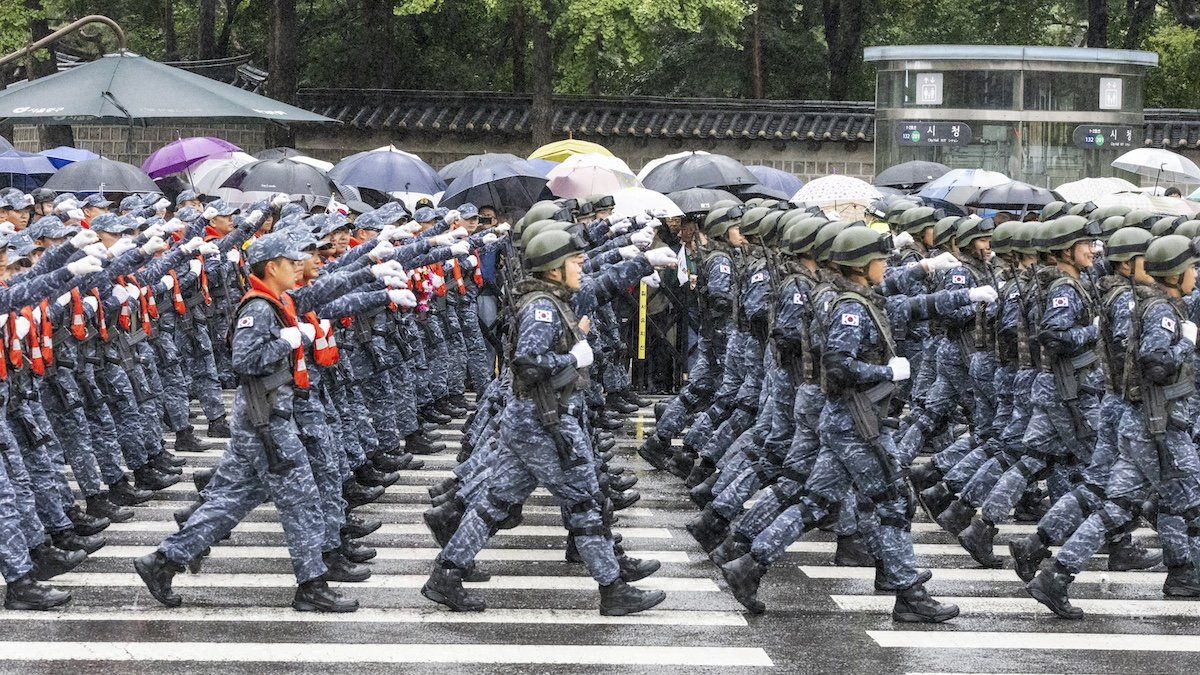Recriminations fly in Seoul over a potential Ukraine military mission
South Korea’s opposition Democratic Party threatened to impeach the government’s defense minister if the ruling People Power Party went ahead with proposed plans to dispatch military monitors to Ukraine. President Yoon Suk Yeol would like military and intelligence officers to study North Korean battlefield tactics – Pyongyang has up to 10,000 soldiers in western Russia – as they engage Ukrainian troops, but the DP says such a deployment would violate South Korea’s constitution.
Yoon has to tread carefully: He doesn’t control the unicameral legislature, and Article 60 of the constitution clearly requires legislative approval for overseas troop deployments. Calling the troops monitors or observers won’t be enough to satisfy the opposition, and risking an impeachment of his cabinet officials is a bridge too far for Yoon, says Eurasia Group expert Jeremy Chan.
“Yoon is speaking loudly and carrying a toothpick,” Chan says, explaining that North Korean Supreme Leader Kim Jong Un and Russian President Vladimir Putin already saw this play from Yoon in June, when they met in Pyongyang. When South Korea threatened to start arming Ukraine directly but then did nothing, “they realized in Pyongyang and Moscow that this guy’s a paper tiger.”
Will there be consequences for Kim? It’s not looking likely. With South Korea divided domestically on a response, and the US unwilling to, for example, remove limits on Ukraine striking deep into Russia, both Pyongyang and Moscow seem to be able to act with some impunity. On Thursday, Kim sent another reminder of rising tensions on the Korean peninsula: North Korea fired an intercontinental ballistic missile that stayed in flight for 86 minutes, a record for the Hermit Kingdom, off its east coast, according to South Korea and Japan.
We’re watching how far Kim can press his luck.
